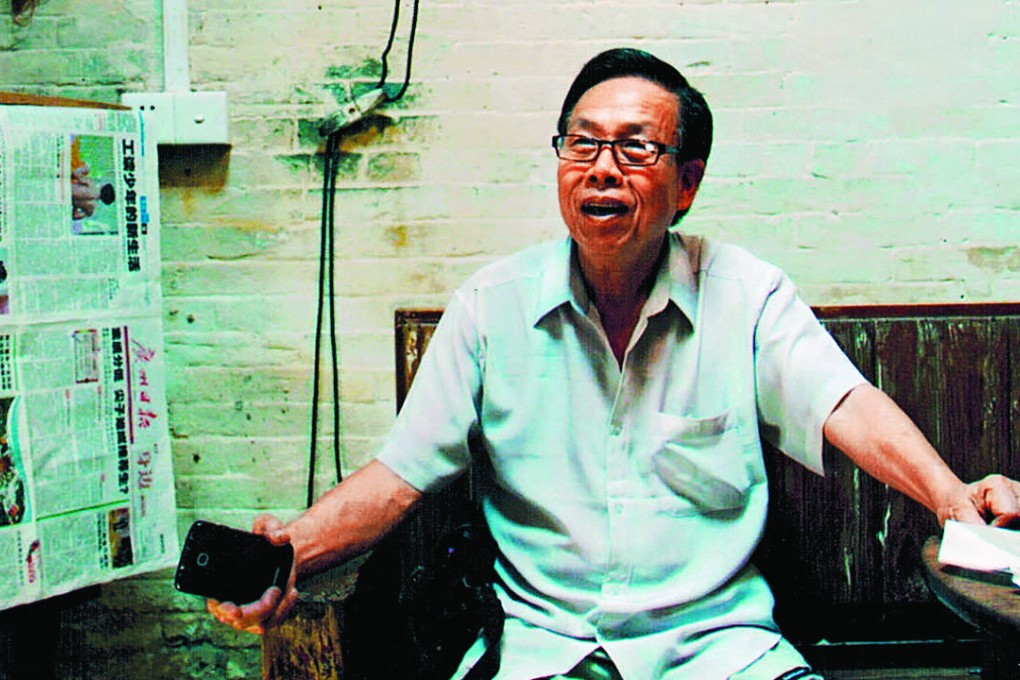Zhang Shaoyang: Chinese resident, 76, in court fight with authorities out to forcibly demolish Guangzhou area where actor Bruce Lee lived

Zhang Shaoyang, 76, was one of the first people to move into Enning Road in the heart of Guangzhou’s distinctive Xiguan, or West Gate, area in the 1950s. Film actor Bruce Lee and Cantonese Opera star Hung Sin-nui were once residents of the area.
Today Zhang is one of the last people there, battling it out with the authorities in court over plans to forcibly demolish his arcade-style home and those of his neighbours. He spoke to MIMI LAU about why he stands his ground.
Tell us a little bit about your background??
In 1948, when I was still a boy, our family fled to Hong Kong because my dad owned a grocery store and my aunt was branded a landowner.
Enning Road is a classic case of corruption cooked up by Guangzhou officials ... I will press on as long as it takes because it’s not fair to be stamped on. If you don’t fight for yourself, no one will pity you or give you anything
I returned in 1951 with my mother and sister to go to school while my father and aunt stayed in Hong Kong.
We then bought a house on Enning Road. Half of it was rented out and we lived in the other half.